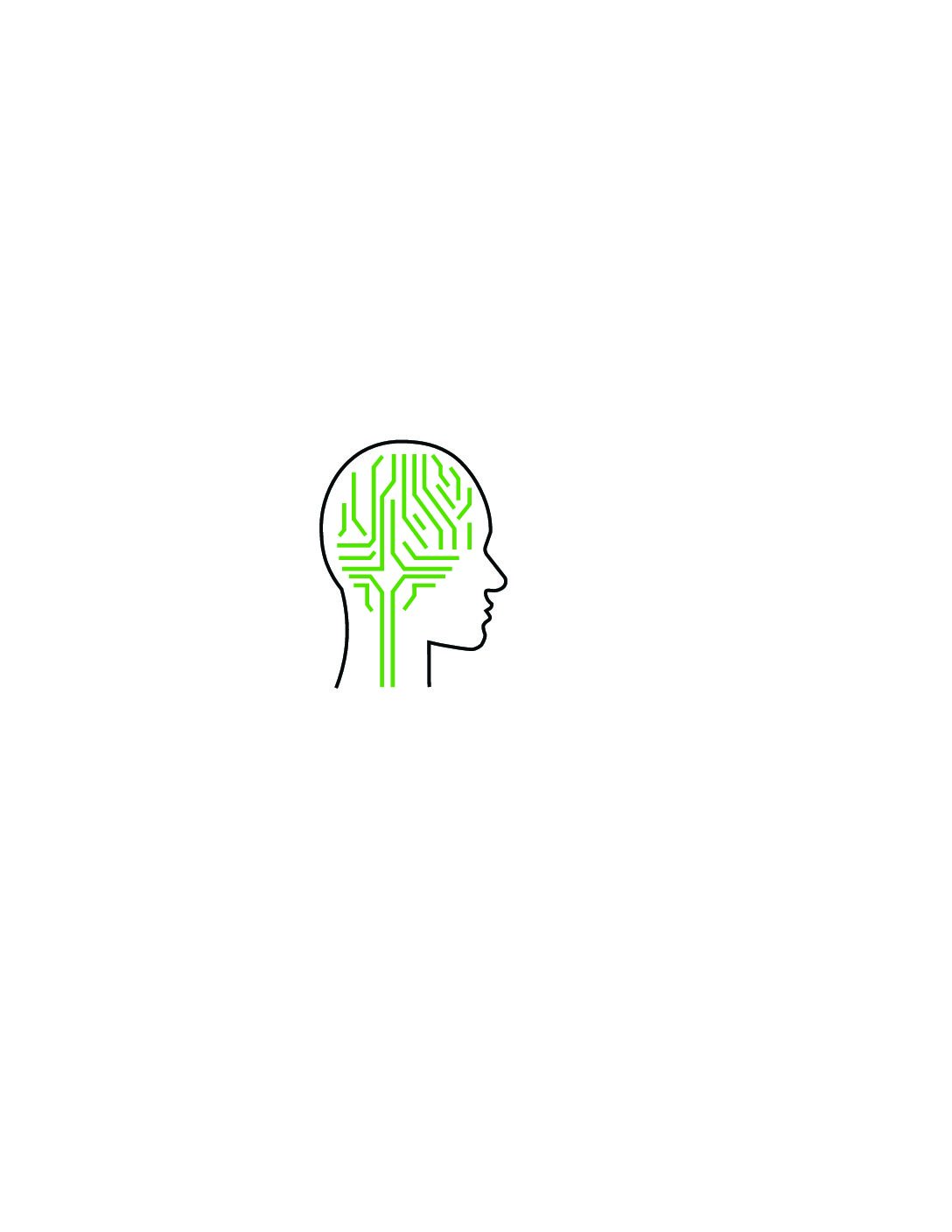To some, software like ChatGPT is a new way to get work done; for others, it represents a growing fear that teaching is becoming obsolete.
ChatGPT is a software that generates writing from prompts submitted by users to assist with tasks like writing emails, recipes and essays.
English teacher Matthew Horne said since their first assignment this year, students have used the technology for schoolwork in his classes. He also said student AI use has made him question if his job is still useful.
“I take days off to grade at this job because it’s just too much work to do,” Horne said. “And to think that it’s not actually ultimately valuable because some students don’t care about learning to write, they just care about the grade, is extremely frustrating.”
Junior Aman Chhina said that stress is a main factor in students turning to an AI for help.
“Of course, it would be better for the student to stay on top of their work and make sure they have time to complete it, but their circumstances might [make it] difficult to get all their work done,” Chhina said. “Plus, we’re all human. Sometimes we let work build up and try to take an easy way out.”
English teacher Claire Tinsley said she agrees that students are stressed but shares Horne’s concerns.
“When I first read about ChatGPT, I really kind of panicked because I thought ‘Oh my god, I’m not gonna have a job,’” Tinsley said. “This is what I’ve worked so hard for and what I love to do and what I am passionate about, and people decide that actually, ‘We don’t need people to teach us writing because we can just have this computer do it.’”
Biology and IB Environmental Systems and Studies teacher Luke Konopka said although he understands these fears, he doesn’t think ChatGPT will discard the value of his coworkers.
“The PowerPoint did not replace the teacher,” Konopka said. “The calculator did not replace the teacher either. The laptops that we got last year also did not replace the teacher, so I don’t see any reason or any fear in that AI is going to replace teaching at all.”
Horne expressed misgivings over AI’s use as an aid.
“[AI is] doing a lot of thinking for you,” he said. “My fear is, if we value just the end product of having a good paper that gets a good grade, we will lose the ability to think critically,” he said.
Junior Anjali Seshadri said these critical thinking skills are essential in the modern day.
“We give up our ability to function as engaged members of society,” Seshadri said, referring to reliance on AI technology. “Do we really expect a generation brought up on AI to have the focus or determination to prevent a climate crisis?”
Still, teachers and students said they are aware of the benefits of software like ChatGPT.
“I love ChatGPT,” Horne said. “I play with it all the time. There’s all sorts of fun things you can do and you can program it, but I don’t think that’s the main way my students are using it.”
Seshadri also said ChatGPT can make life easier.
“If school is about busy work and good grades, AI can definitely help you out,” Seshadri said. “Obviously, that’s not what the education system should be for, but here we are.”
Tinsley said she’s not asking students to produce perfect work, but rather work that is their own.
“I really want my English students to take away that there’s value to sharing and expressing your own voice,” Tinsley said. “Not every single thing that you express needs to be like a world-shattering idea or something that’s so brilliant.”
Regardless of the pros and cons of this new technology, Konopka said he thinks it is here to stay.
“As technology evolves, society needs to evolve with it,” Konopka said. “It’s a big benefit to learn how to use [AI], learn how to teach with it, and to also make sure that students know how to use it as they go forward in their lives.”

